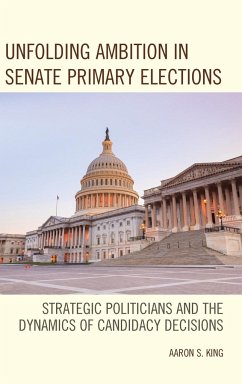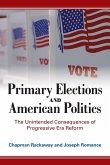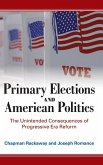Theories of ambition teach us that elected offices are valuable commodities to certain politicians, and under the right circumstances, the benefits of running for an office outweigh the associated risks. Yet, some ambitious politicians emerge as candidates while others do not. This book analyzes strategic candidacy decisions to explain how primary elections for the United States Senate unfold. With new, comprehensive data on pools of potential candidates, it examines the determinants of electoral and fundraising success, analyzes the importance of the timing of candidacy decisions and the strategic interactions of prospective officeholders, and investigates the impact of strategic retirements. Using both qualitative and quantitative tools, including event history techniques to capture the complex dynamics of these races, it concludes that the manner in which politicians interact with one another and the unique context within each campaign leads to individuals emerging from the pool of potential candidates in systematic ways. In the end, the strategic behavior of ambitious politicians has important implications for the slate of candidates available to the electorate and ultimately, the quality of representation between constituents and their legislators.
Hinweis: Dieser Artikel kann nur an eine deutsche Lieferadresse ausgeliefert werden.
Hinweis: Dieser Artikel kann nur an eine deutsche Lieferadresse ausgeliefert werden.








